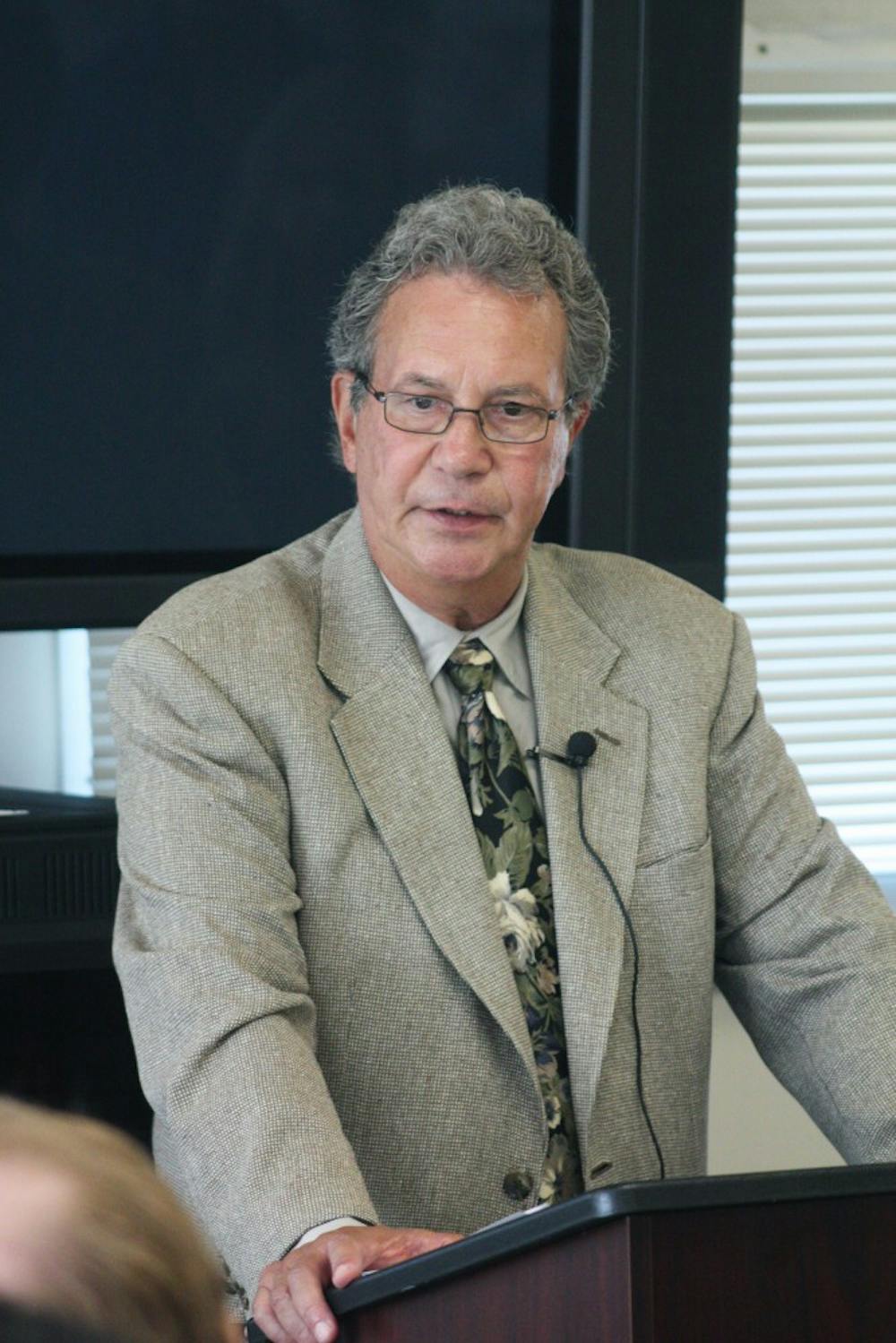The CIA has a flaw — it has abandoned its original mission as an intelligence analysis agency, a historian and former government employee said Tuesday in a speech to about 50 people.
Richard Immerman, a former assistant deputy director of national intelligence at the U.S. State Department, gave a lecture in Hamilton Hall as part of a lecture series put on by UNC’s history department.
He said he is critical of the CIA’s transition from an intelligence analysis agency to one that predominately directs covert operations.
“The CIA’s architecture was flawed from design and flawed by design,” Immerman said.
He said the military should direct covert operations rather than intelligence agencies.
“CIA intelligence should support paramilitary operations, but it should not undertake them or exercise authority over them,” he said.
He believes the military should have led Operation Neptune Spear — the code name for the operation to assassinate Osama bin Laden.
“I’m recommending that the government or the CIA reconsider its decision to place responsibility for covert or paramilitary activities within the CIA,” Immerman said in an interview.
Immerman said a lack of oversight in the intelligence analysis sector causes communication problems between the intelligence collectors and the analysts.



